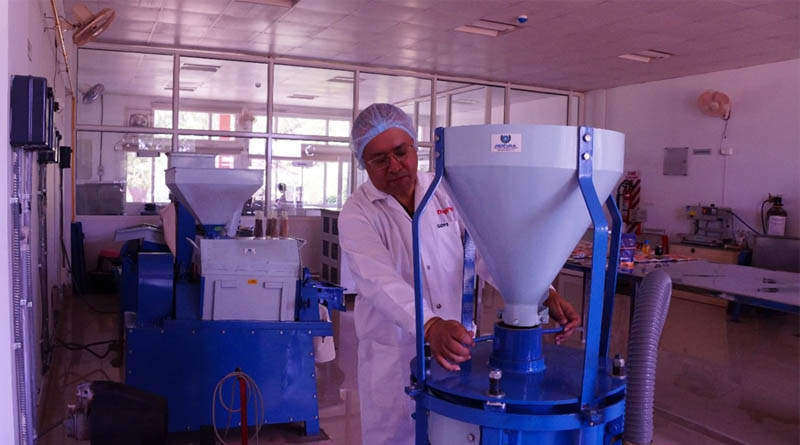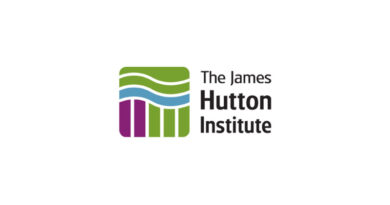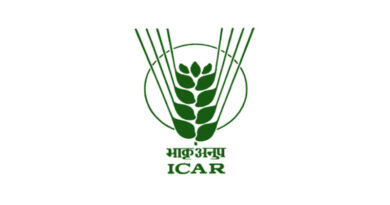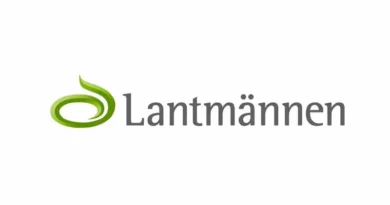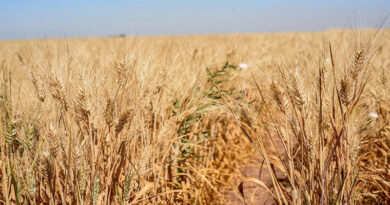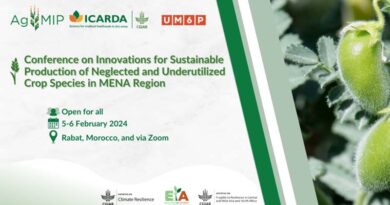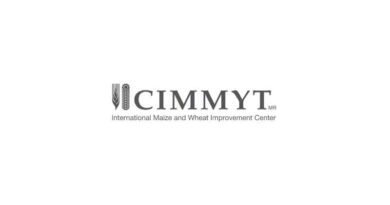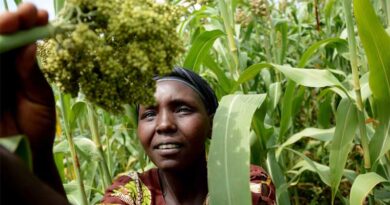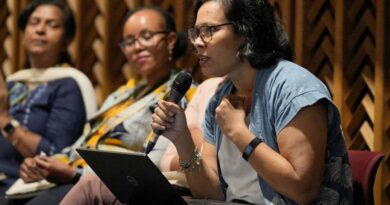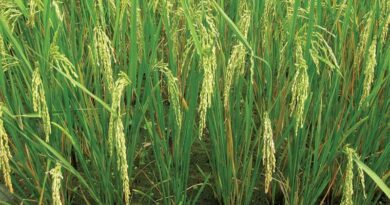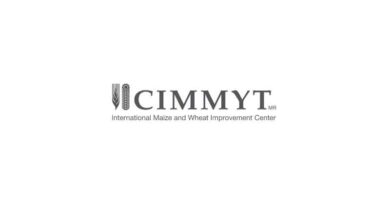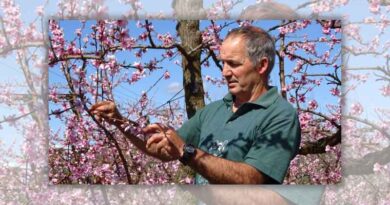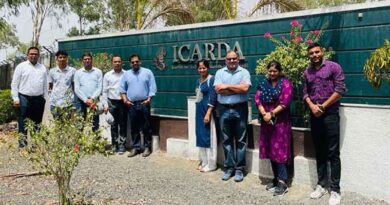Foundation for Food and Agriculture Research Program develops underutilized crops
23 June 2023, philippines: ICRISAT awarded to develop a predictive model to determine the usefulness of millets and pulses as a source of functional ingredients and nutrients.
Originally published by the Foundation for Food and Agriculture Research
Many nutritious, resilient crops remain underutilized, contributing to poor dietary diversity and health outcomes. The Foundation for Food & Agriculture Research (FFAR) and the Global Alliance for Improved Nutrition (GAIN), with support from RF Catalytic Capital, launched the Harvest for Health Challenge to accelerate development of underutilized crops. The Harvest for Health Challenge‘s initial funding opportunity, the Breakthrough Crop Challenge, is announcing three awards to develop predictive models that can determine a crop’s usefulness as a source of functional ingredients or nutrients.
Underutilized crops have the potential to diversify the world’s food supply. A more diverse food supply provides consumers with more healthful food options, sustainably contribute to a more resilient food system and improve nutritional security in the wake of climate change,” said Ms Constance Gewa, PH.D, Senior Program Director Health-Agriculture Nexus.
Of more than 50,000 known edible plant species, the United Nations’ Food and Agriculture Organization estimates that three crops – rice, wheat and maize – account for two-thirds of the world’s food supply. Increasing the range of plants cultivated for food is a critical step to ensure nutritional security in the face of climate change and create new economic opportunities for growers. Additionally, consumers are increasingly seeking healthier, sustainable food products and more global flavor-driven food experiences.
Introducing new and exciting nutritious foods with various tastes and flavors will expand the food and agriculture industry’s consumer base and contribute to our food system’s health and environmental sustainability. While underutilized crops have incredible functional and nutritional potential, the development of such crops for consumption or use in other products is prohibitively expensive and time intensive.
FFAR is awarding the Harvest for Health’s Breakthrough Crop Challenge Seed Funding to three awardees.
- Dr. Samuel Pironon of Royal Botanic Gardens, Kew is receiving $65,813 to develop a new artificial intelligence (AI) modelling pipeline that improves estimates of macro- and micro-nutrient contents in both the known and hidden diversity of underutilized food plants globally.
- Luis Antonio Hualda of the University of the Philippines Strategic Research and Management Foundation, Incorporated (UPSTREAM) and the University of the Philippines Mindanao (UP Mindanao) is receiving $75,650, which includes additional funding from UPSTREAM, to develop a predictive model intended for various geographic and agronomic regions. This model can select underutilized, highly nutrient-dense foods that have a high prospect of acceptance among consumers, producers and other food system stakeholders.
- Dr. Saikat Datta Mazumdar of the International Crops Research Institute for the Semi-Arid Tropics (ICRISAT) is receiving $74,997 to develop a predictive model for identifying nutrient-dense underutilized dryland crops (millets and pulses) that can serve as a source of functional ingredients for the food industry, specifically as bulking agents, thickeners, emulsifiers, stabilizers, etc. This project aligns with ICRISAT’s Smart Food initiative, which promotes climate-smart millets and pulses as food that benefits consumers, the planet and the farmer. The University of Kentucky and HarvestPlus are also involved in this collaboration.
Beyond the seed funding announced today, the Breakthrough Crop Challenge is offering a second round of funding to validate predictive models that effectively identify crops for commercial development. FFAR anticipates announcing application criteria for the second round of funding, the Validation Challenge, this summer and the funding opportunity will likely open in December 2023.
Foundation for Food & Agriculture Research
The Foundation for Food & Agriculture Research (FFAR) builds public-private partnerships to fund bold research addressing big food and agriculture challenges. FFAR was established in the 2014 Farm Bill to increase public agriculture research investments, fill knowledge gaps and complement USDA’s research agenda. FFAR’s model matches federal funding from Congress with private funding, delivering a powerful return on taxpayer investment. Through collaboration and partnerships, FFAR advances actionable science benefiting farmers, consumers and the environment.
Also Read: Corteva Agriscience launches new herbicide Novlect™ to control weeds in rice fields
(For Latest Agriculture News & Updates, follow Krishak Jagat on Google News)

